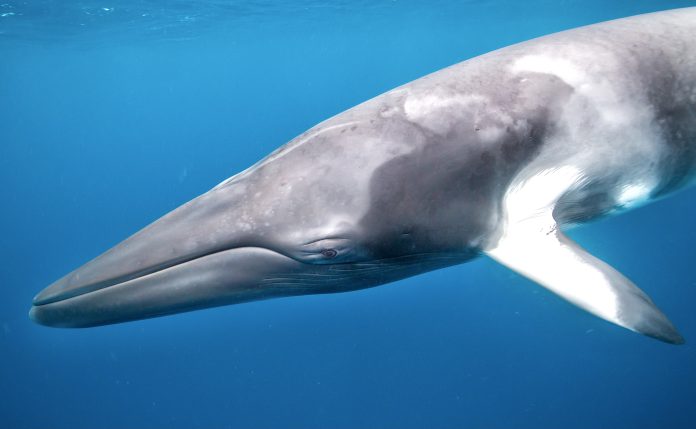
Array
Brutal Norwegian Whaling Season Ends With Slaughter Of At Least 575 Minke Whales, The Highest Amount Since 2016
By WAN
You can help all animals and our planet by choosing compassion on your plate and in your glass. #GoVeg
RELATED ARTICLES
South Africa’s Big Cat Industry: A Global Trade Of Extreme Cruelty & Exploitation
South Africa is the world’s leading exporter of big cats and their body parts, with over 3,500 live animals and 34,000 body parts exported...
Victory For Dolphins! Belgium To Become 7th Country To Enact Permanent Ban On Dolphinariums
In a major victory for animal welfare, Flemish Minister for Animal Welfare, Ben Weyts, announced this week that Flanders, Belgium, will implement a permanent...
Peace 4 Animals’ Debuts Gripping Trailer To Their Latest Documentary ‘Protectors of the Wild’
We are excited to unveil the trailer for Peace 4 Animals’ upcoming documentary, Protectors of the Wild. This powerful film aims to raise critical...
Popular stories
Breaking News
International Uproar as Japan Deploys New Whale-Hunting Ship Targeting Species Vulnerable To Extinction
The news of Japan's new whaling factory ship, the Kangei Maru, setting sail to start the whale killing season in the North Pacific has...
News
Born Free USA Launches New Campaign Revealing The Brutal Facts About The Deceptive Trophy Hunting Industry
Born Free USA, an internationally recognized leader in animal welfare and compassionate conservation, has launched a six week-long campaign that began this month and...
News
Massive Lawsuit Challenges U.S. Regulations That Keep The Public In The Dark About Serious Harm Caused By Factory Farming & Slaughterhouses
A lawsuit was filed against the Council on Environmental Quality (CEQ) for new regulations implementing the National Environmental Policy Act (NEPA) that will shield...


